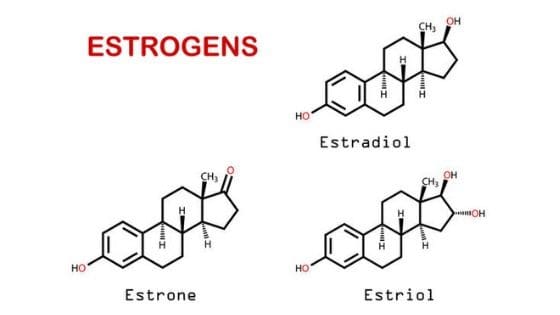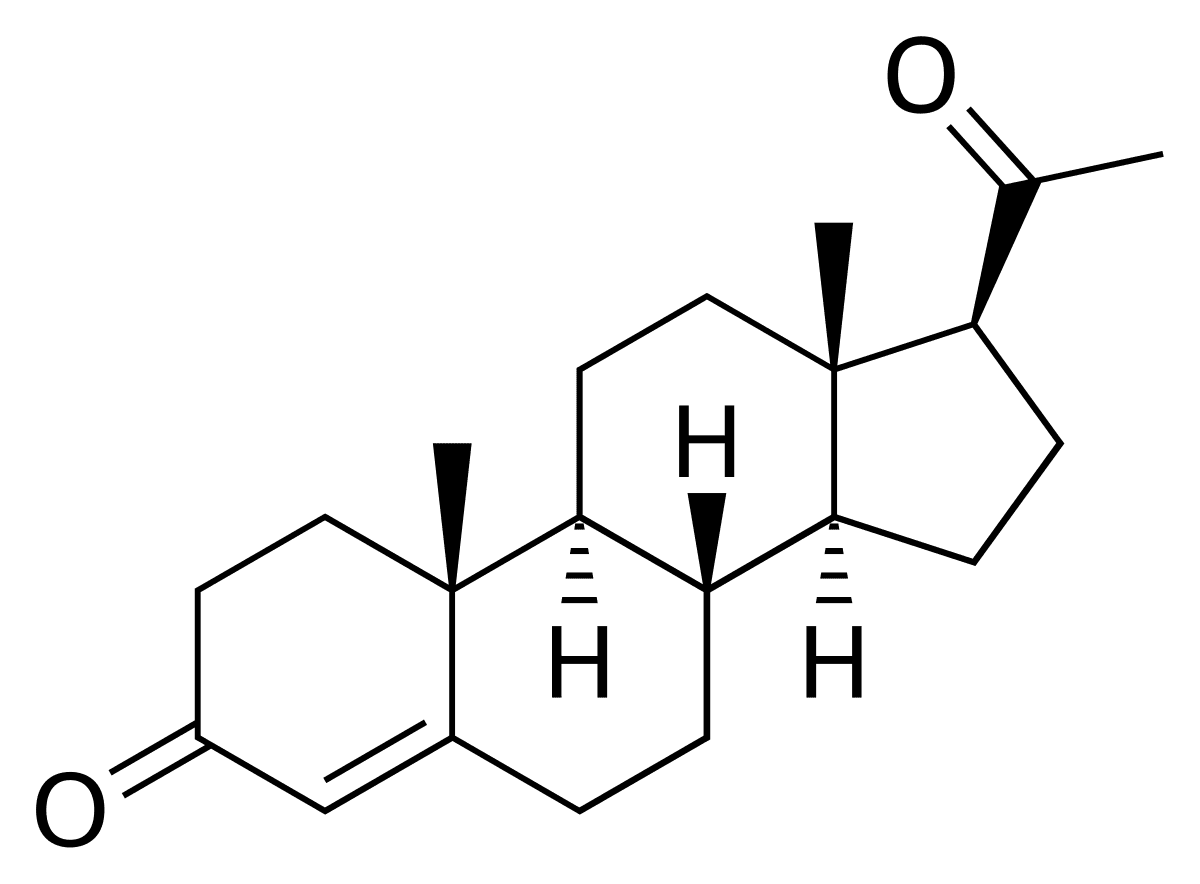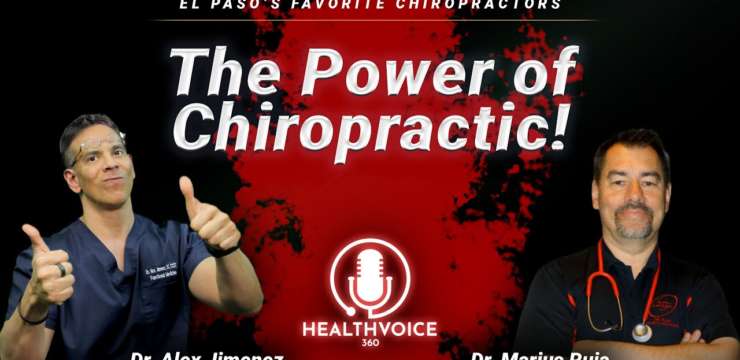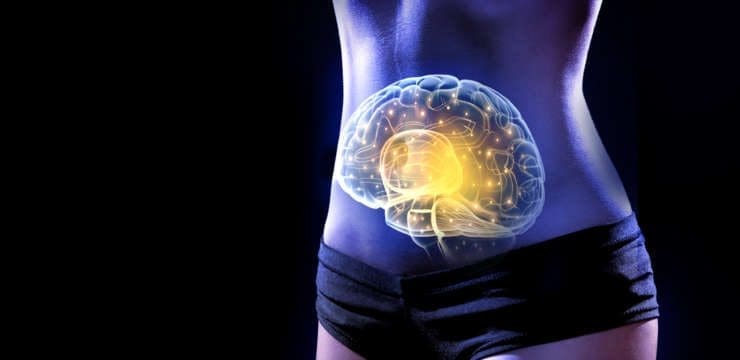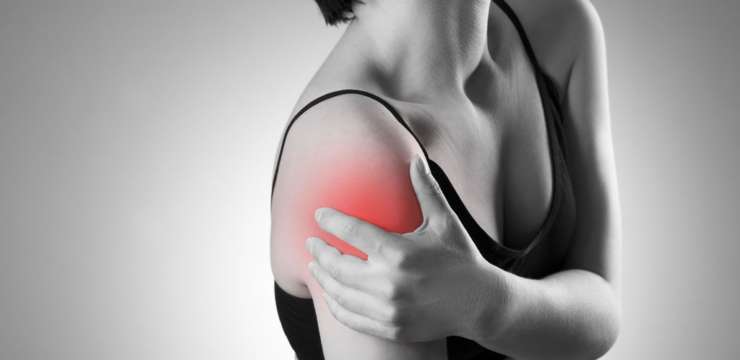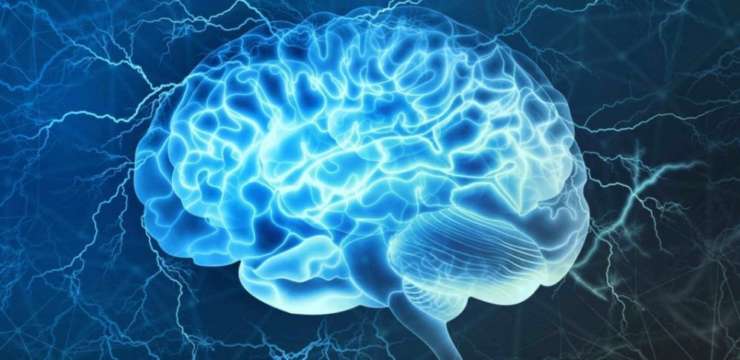
Table of Contents
Introduction
In the body, there are many systems that help it function properly, and one of them is hormones. Hormones are secreted through the endocrine system and help bring the body balance. However, when the body produces too many hormones it can cause the body to go haywire and cause many problems that a person does not need. For women, the two main hormones include estrogen, progesterone, and a small amount of testosterone that are produced from the ovaries and the adrenal glands. Since hormones naturally decline due to age, it can cause females to go through menopause to help replenish hormones in a female body. In this 3 part series, we will look at the symptoms of perimenopause and menopause as well as discuss the functions of different hormones in a woman’s body in part 1. Part 2 will be discussing the symptoms of DHEA dysfunction and the relationship between female hormones and insulin. Part 3 discusses the methods of hormone testing and the difference between natural and synthetic hormone replacement. Over the last decade, many of our patients have asked complex and insightful questions about hormone replacement therapies. By referring patients to qualified and skilled providers who specialized in hormone wellness services and we advise our patients to appropriately refer to our associated medical providers based on their examination. We find that education is the key when asking valuable questions to our providers. Dr. Alex Jimenez DC provides this information as an educational service only. Disclaimer
Why Consider Hormone Replacement Therapy?
In the body, hormones can naturally decline due to age, and for older females when their hormones decline it can cause the female body to go through menopause. So by using hormone replacement therapy or HRT the body can replenish the hormone levels in the body. Some of the benefits for HRT include:
- Relief of symptoms
- Prevention of memory loss
- Heart health
- Bone production
- Growth and repair
With HRT, it can help regulate and repair hormone growth in the female body.
What Is Menopause?
Menopause is a hormone response that is as unique to each person as their own fingerprints. In some cases, hormone replacement should not be considered without a thorough understanding of how all of the body’s hormones interact with each other. With menopause though, the normal age to go through menopause ranges from 35 to 55. Therefore, a woman may live one-half of her life without a menstrual cycle. Thus cycling after the age of 55 increases a women’s risk of breast cancer. Some of the symptoms include the following:
- Hot flashes
- Night sweats
- Vaginal dryness
- Insomnia
- Depression
- Low back pain
- Osteoporosis
The Many Hormones In The Female Body
In the female body, the hormones control how the body is to functions properly and does not go off-balanced. When there is an abundance of hormones in the body it can lead to chronic illnesses and can cause pain. In the female body, there are estrogen and progesterone that help the female body to function properly.
Estrogen
Estrogen has approximately 400 functions in the female body. It can help stimulate the production of choline acetyltransferase, an enzyme that prevents Alzheimer’s disease. Estrogen can even help the body to regulate body temperature, prevent muscle damage, decrease the accumulation of plaque on the arteries and increase the water content of the skin while being responsible for the skin’s thickness and softness. Other functions include:
- Decreases lipoprotein(a)
- Protects against macular degeneration
- Increases HDL by 10 to 15%
- Aids in the formation of neurotransmitters in the brain such as serotonin which decreases depression, irritability, anxiety, and pain sensitivity
There are some factors to consider when the body produces an excess amount of estrogen. Some of the symptoms can include:
- Cervical dysplasia
- Heavy periods
- Increased risk of breast cancer
- Increased risk of auto-immune diseases
- Hypothyroidism
All is not lost as there is a difference when individuals take synthetic estrogen and natural estrogen. Natural estrogen helps to protect against endothelial dysfunction by increasing endothelial nitric oxide, while synthetic estrogen is not the same chemical structure of estrogen that the patient’s body is born with.
Estrogen Functions
Estrogen has about three components that can help the female body function properly. With these three components, we will be looking at what each of them does and how they contribute to the body. They are E1 (Estrone), E2 (Estradiol), and E3 (Estriol).
Estrone
Estrone is the main estrogen the body makes postmenopausal and high levels many researchers believe may increase a women’s risk of breast cancer. However, its main purpose is that it is responsible for female sexual development and function, and even though it is less powerful than its other components it can serve as a repository for estrogen sometimes and the body can convert it to estrogen when it’s needed.
Estradiol
Estradiol has many functions in the female body but its primary function is to actually mature and maintain the reproductive system. Some of the other functions that estradiol provides are:
- Increases HDL
- Decreases LDL and total cholesterol
- Decreases triglycerides
- Works as an antioxidant
- Helps absorption of calcium, magnesium, and zinc
Not only that but there are results of a new trial that reveals that estradiol has a direct effect in reducing atherosclerosis by reducing cholesterol accumulation in the arterial wall.
Estriol
Estriol is about 80 times weaker than estradiol, so has a lesser stimulatory effect, however, it is an estrogen hormone that women can produce naturally and is important to both the mother-to-be and the baby’s health. It can also help the GI tract maintain a favorable environment for the growth of lactobacilli and even help restore the proper pH of the vagina, which prevents urinary tract infections.
Progesterone
Progesterone is one of the sex hormones that are in the female body. It plays a role in menstruation, pregnancy, and the formation of embryos and is made in the ovaries up until menopause. After a woman goes through menopause though, it is made in the adrenal glands. Progesterone is made from pregnenolone and performs many functions in the female body.
Progesterone Function
Some of the functions that progesterone produces can act as a diuretic and is anti-inflammatory. Not only that progesterone can help aid in female ovulation and can balance out the estrogen hormone. Other functions that progesterone can offer include:
- Effects the potentiation of GABA
- Enhances the action of thyroid hormones
- Has a positive effect on sleep
- Helps build bone
- Helps maintain bladder function
- Induces conversion of E1 to the inactive E1S form
- Lowers LDL
- Modulates oxytocin receptor binding in the hypothalamus
- Promotes Th2 immunity
Conclusion
In total, the female body has to have the necessary hormones that can make sure that the entire system doesn’t crash and burn. When the body produces an enormous amount of estrogen and progesterone it can cause unwanted pathogens to enter the body and cause chronic illness. By regulating hormones the body can start on its wellness journey and the individual can continue its health journey for a better body.
References
Cooper, Danielle B, and Charles E McCathran. “Cervical Dysplasia.†National Center for Biotechnology Information, U.S. National Library of Medicine, 17 July 2021, pubmed.ncbi.nlm.nih.gov/28613609/.
Edwards, Michael. “Progestin.†StatPearls [Internet]., U.S. National Library of Medicine, 22 Sept. 2021, www.ncbi.nlm.nih.gov/books/NBK563211/.
Eske, Jamie. “Female Sex Hormones: Types, Roles, and Effect on Arousal.†Medical News Today, MediLexicon International, 5 Apr. 2019, www.medicalnewstoday.com/articles/324887.
Farzam, Khashayar. “Lipoprotein a.†StatPearls [Internet]., U.S. National Library of Medicine, 21 May 2021, www.ncbi.nlm.nih.gov/books/NBK570621/.
Goncharenko, Vadym, et al. “Vaginal Dryness: Individualised Patient Profiles, Risks and Mitigating Measures.†The EPMA Journal, Springer International Publishing, 2 Mar. 2019, www.ncbi.nlm.nih.gov/pmc/articles/PMC6459457/.
Scientist, NEI. “Age-Related Macular Degeneration.†National Eye Institute, U.S. Department of Health and Human Services, 22 June 2021, www.nei.nih.gov/learn-about-eye-health/eye-conditions-and-diseases/age-related-macular-degeneration.
Scientists, NIA. “What Is Menopause?†National Institute on Aging, U.S. Department of Health and Human Services, 30 Sept. 2021, www.nia.nih.gov/health/what-menopause.
Disclaimer
Disclaimers
Professional Scope of Practice *
The information herein on "A Guideline To Women's Hormones | Part 1" is not intended to replace a one-on-one relationship with a qualified health care professional or licensed physician and is not medical advice. We encourage you to make healthcare decisions based on your research and partnership with a qualified healthcare professional.
Blog Information & Scope Discussions
Welcome to El Paso's wellness blog, where Dr. Alex Jimenez, DC, FNP-C, a board-certified Family Practice Nurse Practitioner (FNP-C) and Chiropractor (DC), presents insights on how our team is dedicated to holistic healing and personalized care. Our practice aligns with evidence-based treatment protocols inspired by integrative medicine principles, similar to those found on dralexjimenez.com, focusing on restoring health naturally for patients of all ages.
Our areas of chiropractic practice include Wellness & Nutrition, Chronic Pain, Personal Injury, Auto Accident Care, Work Injuries, Back Injury, Low Back Pain, Neck Pain, Migraine Headaches, Sports Injuries, Severe Sciatica, Scoliosis, Complex Herniated Discs, Fibromyalgia, Chronic Pain, Complex Injuries, Stress Management, Functional Medicine Treatments, and in-scope care protocols.
Our information scope is limited to chiropractic, musculoskeletal, physical medicine, wellness, contributing etiological viscerosomatic disturbances within clinical presentations, associated somato-visceral reflex clinical dynamics, subluxation complexes, sensitive health issues, and functional medicine articles, topics, and discussions.
We provide and present clinical collaboration with specialists from various disciplines. Each specialist is governed by their professional scope of practice and their jurisdiction of licensure. We use functional health & wellness protocols to treat and support care for the injuries or disorders of the musculoskeletal system.
Our videos, posts, topics, subjects, and insights cover clinical matters, issues, and topics that relate to and directly or indirectly support our clinical scope of practice.*
Our office has reasonably attempted to provide supportive citations and has identified the relevant research studies or studies supporting our posts. We provide copies of supporting research studies available to regulatory boards and the public upon request.
We understand that we cover matters that require an additional explanation of how they may assist in a particular care plan or treatment protocol; therefore, to discuss the subject matter above further, please feel free to ask Dr. Alex Jimenez, DC, APRN, FNP-BC, or contact us at 915-850-0900.
We are here to help you and your family.
Blessings
Dr. Alex Jimenez DC, MSACP, APRN, FNP-BC*, CCST, IFMCP, CFMP, ATN
email: coach@elpasofunctionalmedicine.com
Licensed as a Doctor of Chiropractic (DC) in Texas & New Mexico*
Texas DC License # TX5807
New Mexico DC License # NM-DC2182
Licensed as a Registered Nurse (RN*) in Texas & Multistate
Texas RN License # 1191402
ANCC FNP-BC: Board Certified Nurse Practitioner*
Compact Status: Multi-State License: Authorized to Practice in 40 States*
Graduate with Honors: ICHS: MSN-FNP (Family Nurse Practitioner Program)
Degree Granted. Master's in Family Practice MSN Diploma (Cum Laude)
Dr. Alex Jimenez, DC, APRN, FNP-BC*, CFMP, IFMCP, ATN, CCST
My Digital Business Card


